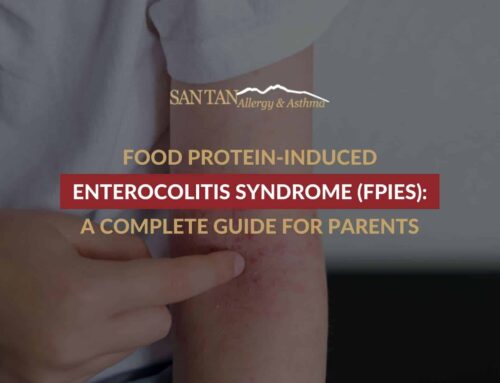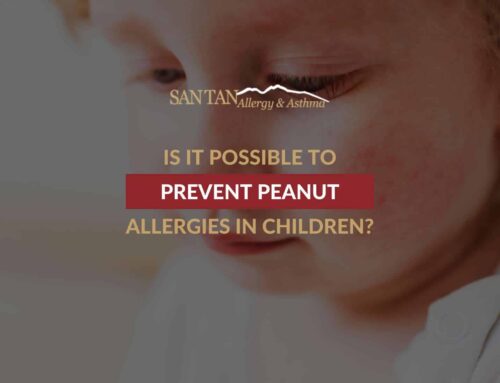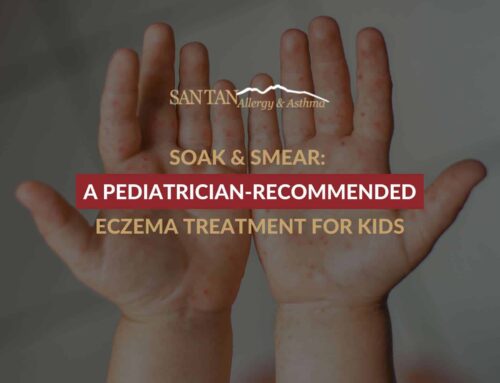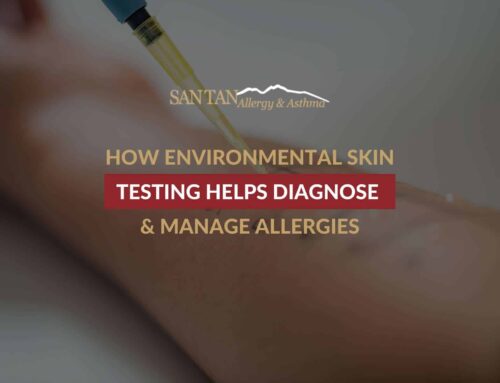Common Challenges Parents Face & Top Tips for Managing FA in School Settings
The immune system on high alert: a case of mistaken identity! In short, food allergies (FA) occur because a child’s body mistakes a food protein as being harmful and attacks it causing symptoms that can range from mild to those that can be life threatening. In most cases, the child must strictly avoid the food (or foods). These children must also have emergency medications available to them at all times. For some children the avoidance will need to be life-long although others outgrow their allergies. There are many aspects to consider for children diagnosed with food allergies including how these children can have a safe physical and emotional environment both at home and also at school.
The most common issues parents deal with when sending their allergic children to school are a fear of reactions, anxiety about treatment of accidental ingestion, and issues surrounding bullying and/or feelings of isolation based on their diagnosis. Below you will find discussion concerning these topics along with additional tips for how best to deal with FA in the school setting.
Table Of Contents
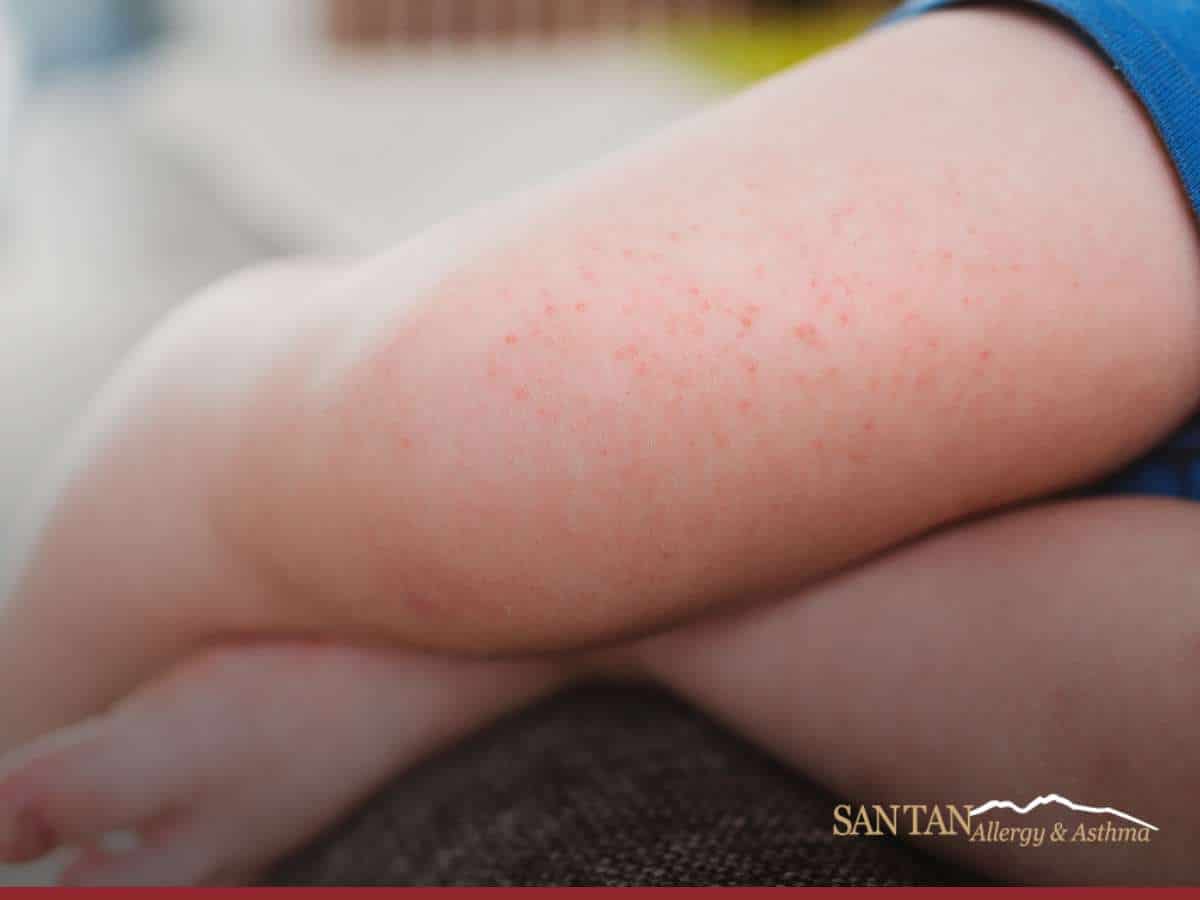
Food Allergy In The School Setting: Keeping Kids Safe
Food allergies are now so common that it is routine for children to share a classroom with a food allergic child. Most often, these children are allergic to milk, egg, wheat, soy, peanut, tree nut, fish and/or shellfish, but any food can potentially cause reactions. Symptoms that may occur, according to the National Institutes of Allergy and Infectious Diseases (2012), can include:
- Skin: itching, hives, redness, swelling
- Nose: sneezing, stuffy nose, runny nose
- Mouth: itching, swelling of the lips or tongue
- Throat: itching, tightness, difficulty swallowing, hoarseness
- Chest: shortness of breath, cough, wheeze, chest pain, tightness
- Heart: weak pulse, passing out, shock
- Gi Tract: vomiting, diarrhea, cramps
- Nervous System: dizziness or fainting
The symptoms can occur in many combinations and can lead to a potentially fatal reaction called “anaphylaxis”. Due to the potential severity of these reactions, sending children to school can cause anxiety and stress not only for the parents and children, but also for teachers, school staff and even class mates. It is imperative that an emergency plan be in place along with open communication between children and caregivers. In addition, school personnel need high quality training on the subject of FA.
Emergency Action Plans For Children With Food Allergy
Currently, there is no cure for FA, only treatment for reactions. Any child with FA should have a written emergency action plan that is understood by parents, children, teachers, and also school staff. In some instances this plan is generated by the health care provider but in others a template is provided by the school to be filled out together by the child’s parent and provider. This document should include emergency contact numbers and steps to take if exposure to a food allergen has occurred. It should specify procedures for dealing with symptoms after ingestion, and guidelines for administering emergency medications including diphenhydramine and epinephrine injectors. The plan should outline how and when to notify emergency medical service and how to provide appropriate aftercare.
In some school districts children who meet certain criteria are allowed to carry an epinephrine injector while others mandate that the injector be housed at the school nurse office. Regardless of where the medication is kept, the staff, teacher and if age appropriate, the child, should be trained on how to use the emergency medication. Two injectors should be available in the event that the first injection does not function properly or does not resolve the child’s symptoms. It is also important to note that the devices can expire and that the dose is weight based. A yearly follow-up with the prescribing provider is essential.
Emotional Safety For Children With Food Allergy
Children with FA may experience bullying, teasing or other forms of harassment due to their condition. For this reason educating school mates about food allergies is important. Children should understand how and why FA occurs, along with possible symptoms that may happen with an exposure or reaction. It is important to empower the child’s classmates by imparting the seriousness of the condition and their role in keeping other children safe. This is an important opportunity to discuss the seriousness of bullying children who are different, such as those with FA, and how such behavior will not be tolerated.
The FA child should be allowed to assimilate into his or her surroundings as much as possible. For this reason some schools have chosen to become “peanut free” or to institute a specific “peanut free” table. In some schools children who bring the allergenic foods sit at a specific table for that day. Unfortunately, although the majority of childhood FA are to egg, milk, wheat, peanut, and tree nuts, the incidence of multiple food allergies, as well as having allergy symptoms to uncommon foods, makes it difficult to fully protect the children who may react to these foods. Our services aim to address such challenges by promoting better safety and inclusion for children with food allergies.
Tips & Solutions For Children, Parents, Teachers & School Staff
- Educate classmates and the child with FA on avoidance measures such as hand washing before and after eating, not sharing food with other children, the use of napkins when eating as well as proper cleaning of meal spaces and disposal of uneaten foods to reduce the likelihood of an accidental exposure.
- Children with FA should learn as much as they can about how to prevent accidental exposure, how to properly read labels and how to respond to any symptoms that may occur. They should also be encouraged to wear a bracelet or necklace that identifies their condition.
- Children with FA should be taught to politely refuse food from other children and to inform others of their specific food allergies. Role playing these situations can be helpful.
- Children with FA should be aware about all of the foods they ARE able to eat and how to make those foods a fun and pleasurable experience. Parents, teachers, and school staff should also familiarize themselves with these facts.
- Each school year, teachers should in-service the class about FA. This could include what FA are, how to prevent reactions, and what to do if reactions occur. FA Children should not be singled out or made to feel different, but it is often useful for them to answer any questions the other children have.
- In some instances sending a letter home stating that a child in the classroom has FA and educating the parents and other children is helpful for avoidance in the classroom. Suggestions to bring non-food treats (stickers, pencils, trinkets) or a list of safe foods is supportive. Parents of food allergic children should provide a few “safe snacks” to have on hand.
- Educating the cafeteria staff about FA and introducing FA children to these individuals is important as they are at the front line of prevention treatment of a reaction should it occur.
- Parents, children and school staff should be aware that exposures to food allergens not only happen in the lunchroom, but can also happen during activities including art projects, field trips, and parties as well as if food is shared at the beginning or end of school amongst class mates.
References:
National Institute of Allergy and Infectious Disease (2012), Food Allergy: An Overview. Retrieved from: http://www.niaid.nih.gov/topics/foodallergy/documents/foodallergy.
Bibliography:
Elizabeth Eden is a Certified Pediatric Nurse Practitioner in Primary Care (CPNP-PC). She currently works at San Tan Allergy and Asthma in Gilbert, AZ. She has worked in the allergy field for 5 years.
Dr. Neal Jain, a contributor to this article, is a Board Certified Allergist and Immunologist. He also works at San Tan Allergy and Asthma. He has been a practicing in the allergy field for 12 years.
FAQs
What Should An Emergency Action Plan For a Child With Food Allergies Include?
An emergency action plan should outline emergency contact numbers, procedures for handling exposure symptoms, medication administration guidelines, and steps for notifying emergency medical services.
What Should Parents Provide To Schools For Their Allergic Child?
Parents should supply safe snacks, emergency medications, and a clear list of allergies, along with any necessary documentation for the school’s records.
How Can Children With Food Allergies Learn To Advocate For Themselves?
Children can be taught to communicate their allergies clearly, practice refusing unsafe foods, and understand their rights in school settings.
How Often Should Children With Food Allergies Meet With Their Healthcare Provider?
Children with food allergies should have regular follow-ups with their healthcare provider to review their allergies, update emergency action plans, and ensure medications are current and effective.
